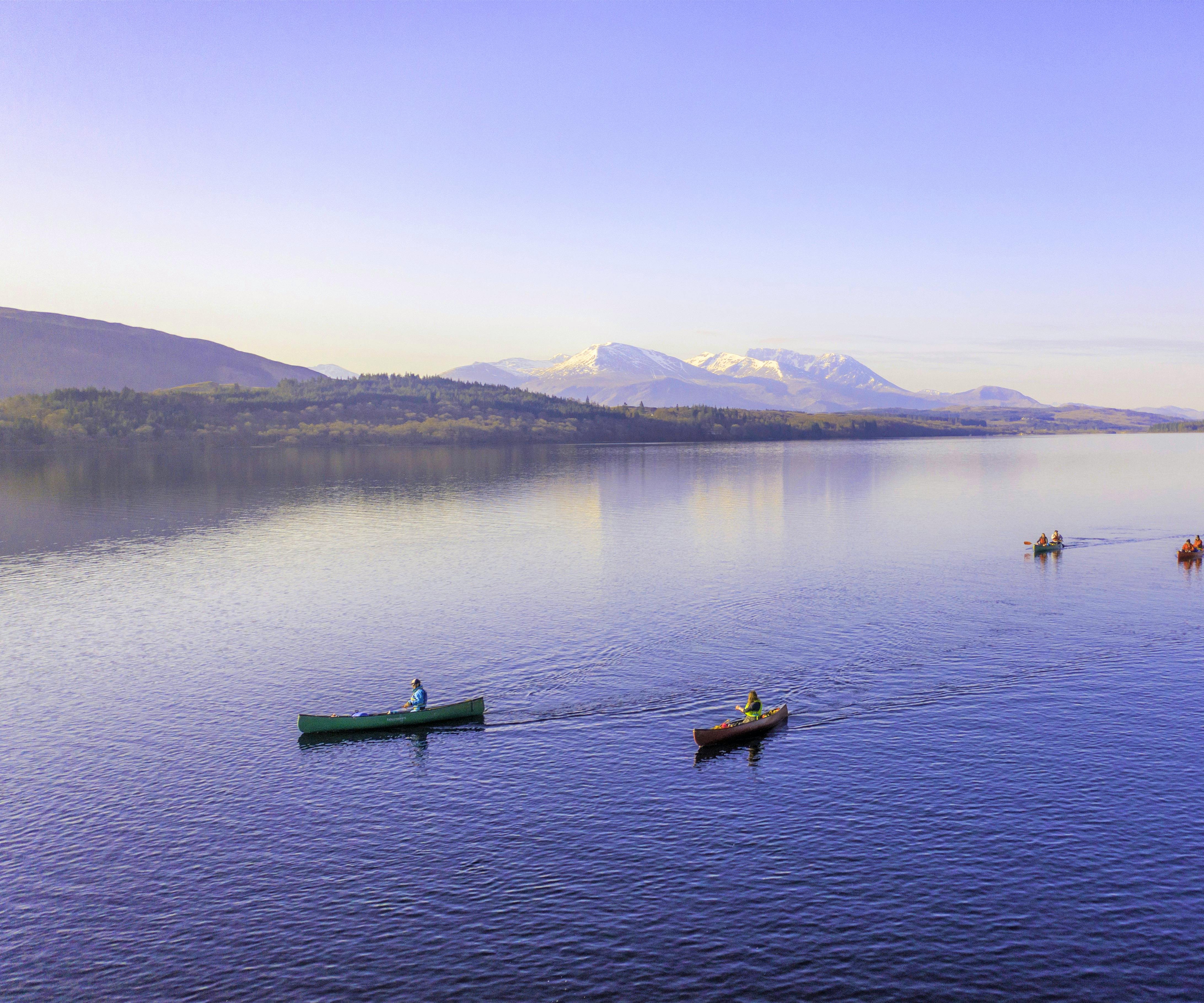Exploring The Tanzania Serengeti
Discover the Serengeti National Park, Tanzania
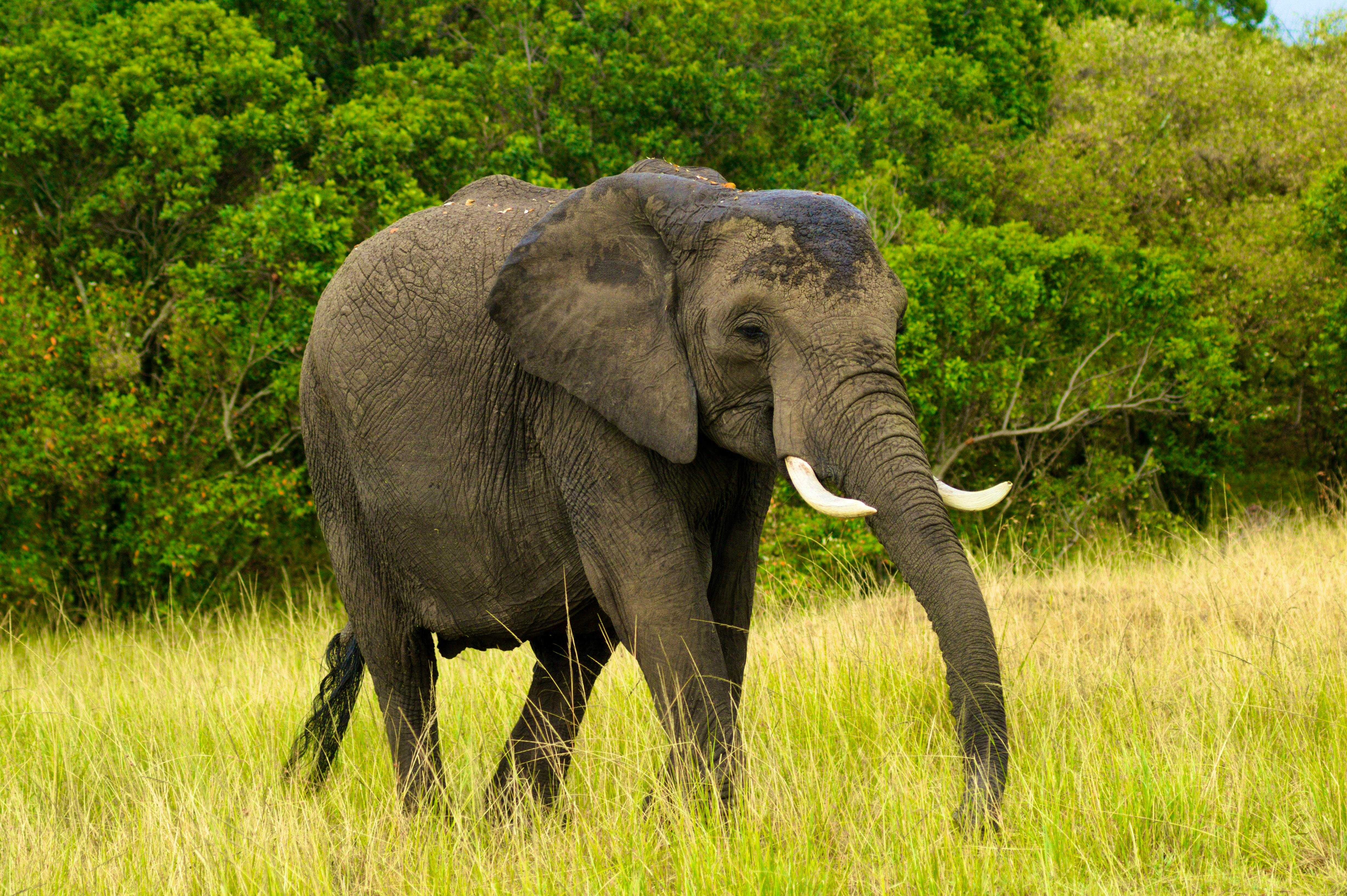
Wildlife and Natural Wonders in the Serengeti
Choosing Your Serengeti Adventure: Best Times to Visit
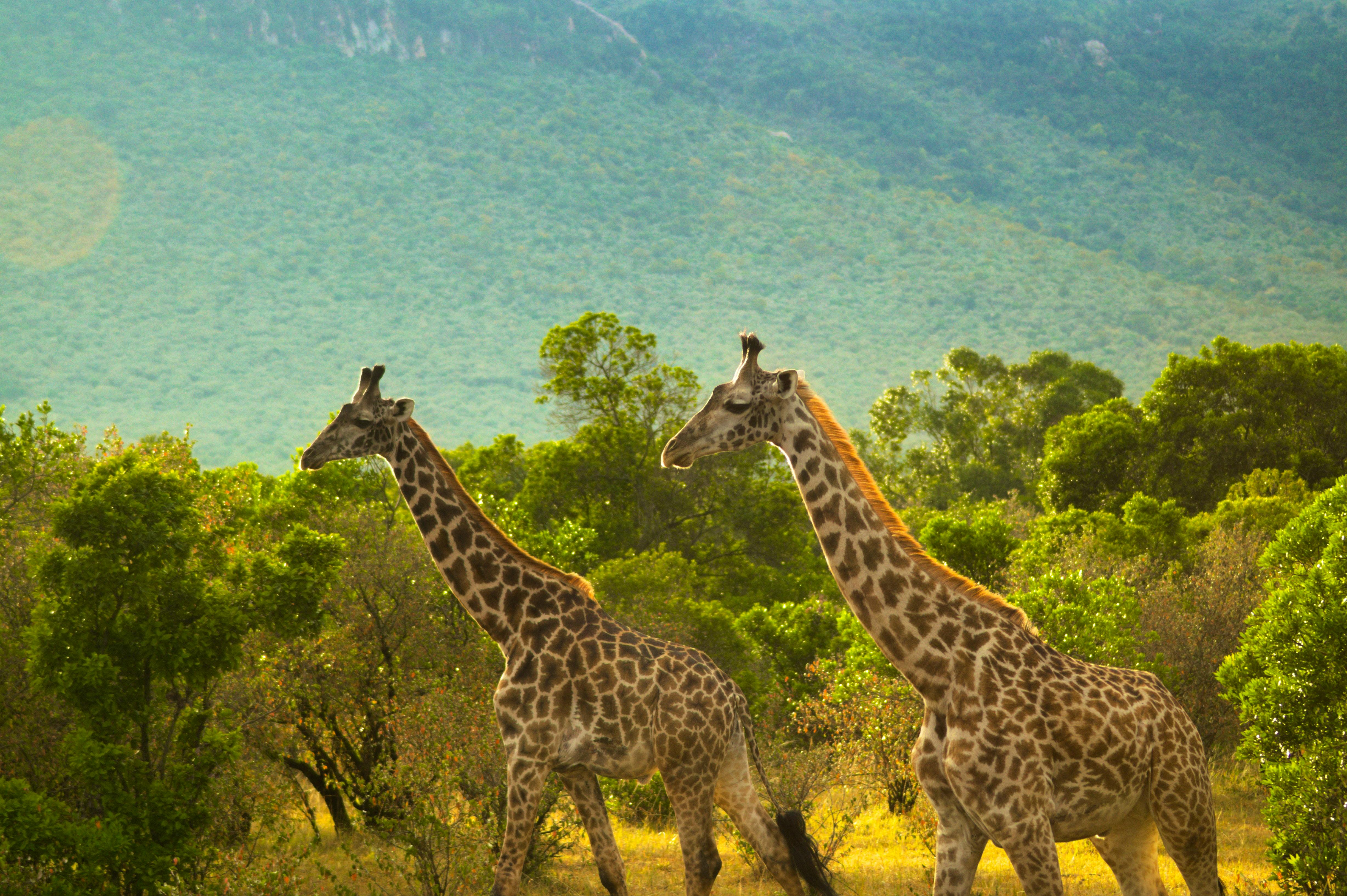
Serengeti Weather and Climate
Seasonal Temperature Variations: Average temperatures range from 15°C (59°F) during cooler months to 25°C (77°F) in warmer periods. Higher areas are cooler, a pleasant contrast to the warmer plains.
Rainy Seasons: Short rains from November to December bring freshness to the landscape. The long rains, from March to May, are more intense, significantly impacting animal behaviour and migration. This period turns the Serengeti lush and green.
Rainfall Gradient: Rainfall varies across the park. The southeast plains are drier, while regions near the Ngorongoro Crater and Meru-Kilimanjaro mountain range in the northwest are wetter, creating diverse habitats.
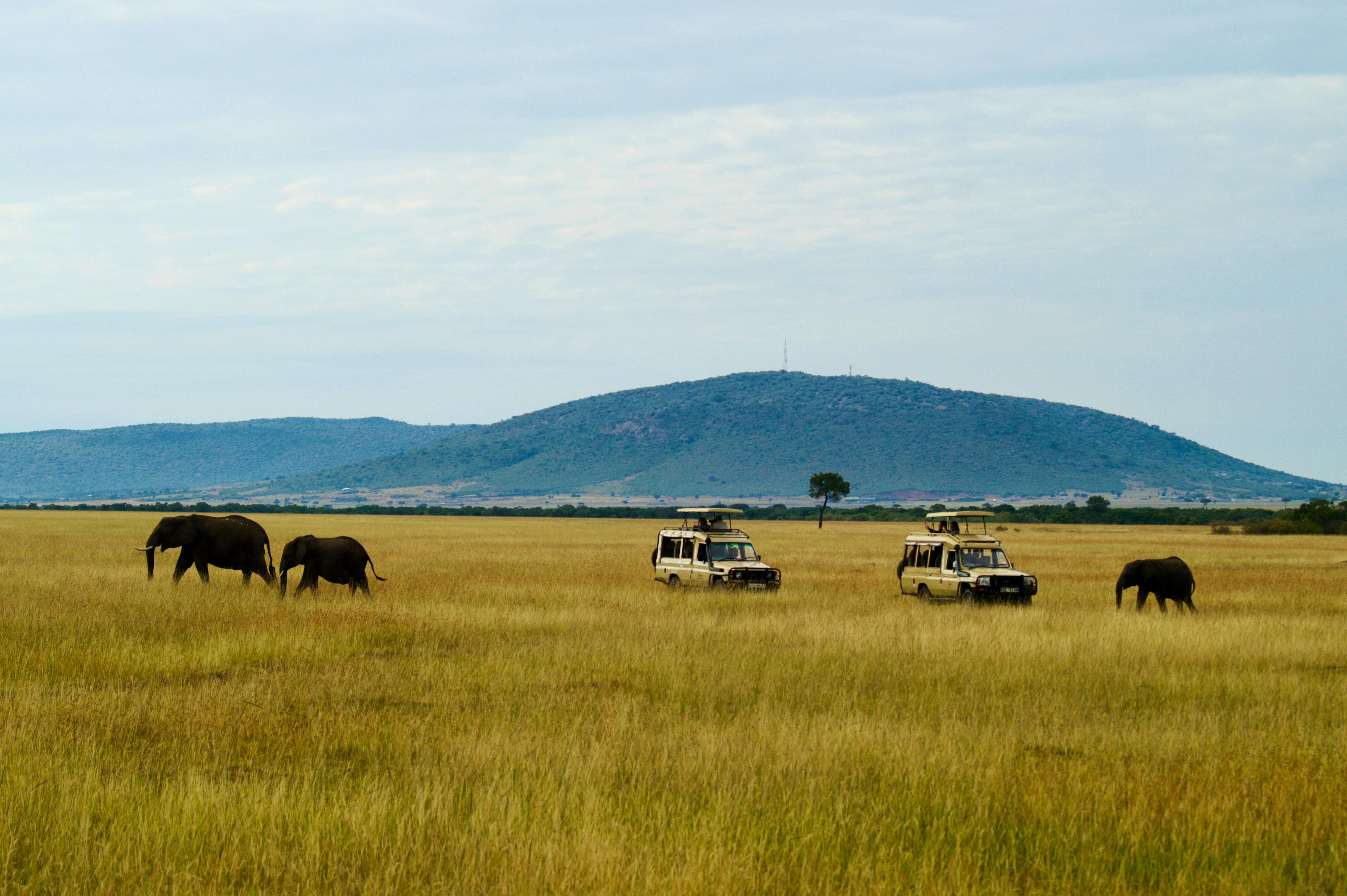

Adventures the Tanzania Serengeti Offers
Wildlife Safaris: Join guided tours to witness the Big Five and observe the Great Migration. Experienced guides share insights, enhancing your understanding of this complex ecosystem.
Hot Air Balloon Rides: Experience the Serengeti from above. These serene balloon tours at dawn offer a unique view of the sprawling landscapes and teeming wildlife.
Cultural Visits: Engage with local communities. Learn about Maasai traditions and their coexistence with wildlife.
Photography Expeditions: Capture the Serengeti's beauty. Tailored trips focus on finding the perfect shot, be it landscapes or wildlife.
Things to Keep in Mind:
Respecting Wildlife: Always maintain a safe distance. The Serengeti thrives on respecting its inhabitants' space and natural behaviours.
Eco-Friendly Practices: Embrace sustainability. Minimise your environmental impact to help preserve this pristine wilderness.
Safety Guidelines: Follow park rules and your guide's instructions. The Serengeti is wild, and respecting its guidelines ensures a safe, enjoyable experience.
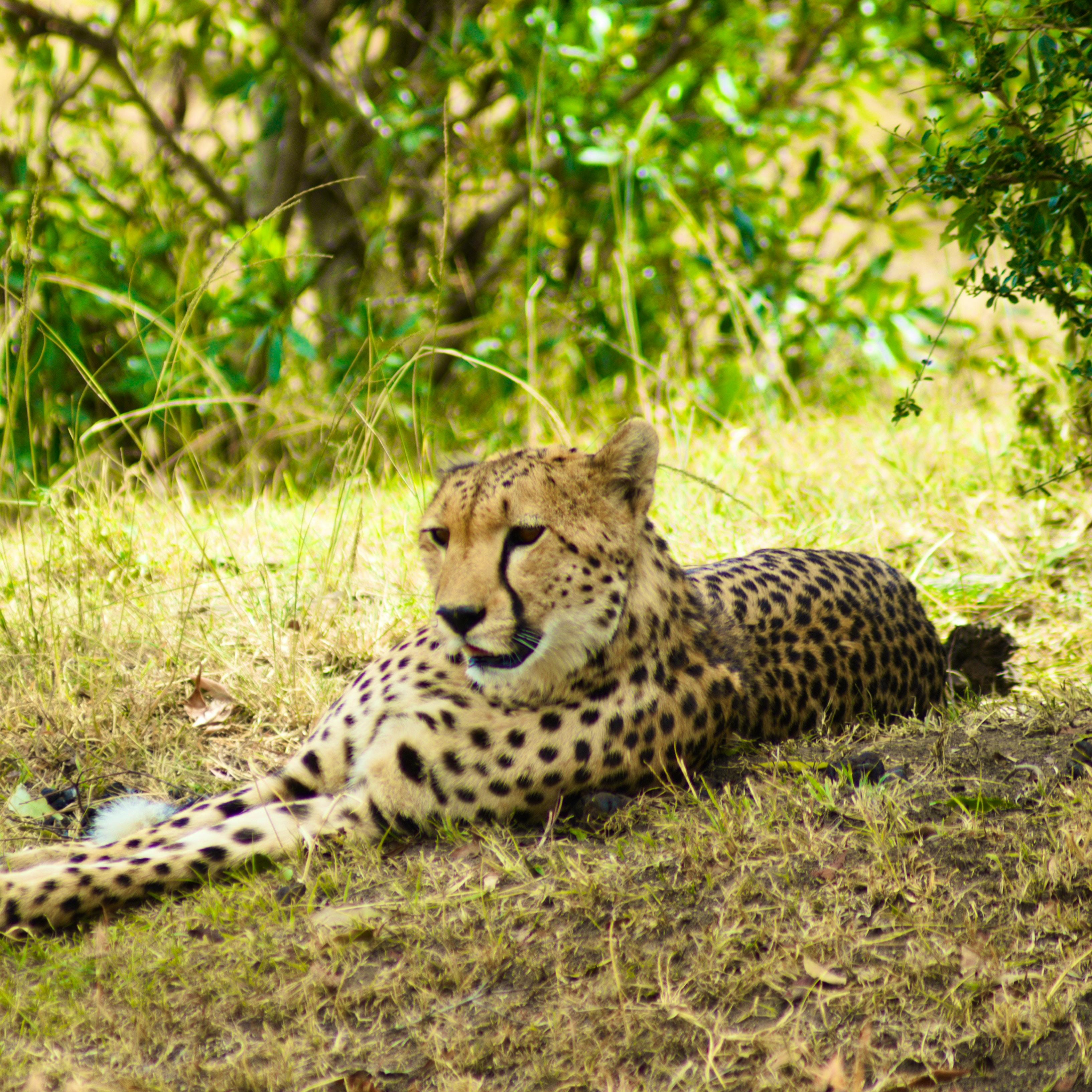
8 Things to Know Before You Go
1. Pack Smart:
Clothing: Bring lightweight, breathable clothing for daytime and warmer layers for cool evenings. Opt for neutral colours to blend with the environment.
Essentials: Don't forget a high-SPF sunscreen, insect repellent, a wide-brimmed hat, and quality sunglasses.
Gear: Binoculars are a must for wildlife spotting, and a good camera will help capture those once-in-a-lifetime moments.
2. Health and Safety:
Vaccinations: Ensure you're up-to-date with recommended vaccinations, including Yellow Fever.
Insurance: Secure comprehensive travel insurance that covers medical emergencies and evacuation.
Local Guidelines: Familiarize yourself with local health and safety protocols, including any travel advisories.
3. Respect the Environment:
Eco-Conscious Travel: Always stick to designated paths and avoid disturbing wildlife. Your actions can contribute to conservation efforts.
Waste Management: Dispose of waste responsibly and minimize plastic usage to protect the pristine environment.
4. Cultural Sensitivity:
Local Customs: Be respectful of local traditions and customs. Travelling is always a great opportunity to learn about these cultural aspects.
Community Engagement: When visiting local communities, engage respectfully and consider supporting local businesses.
5. Financial Preparation:
Currency: Tanzanian Shilling is the local currency, but US Dollars are widely accepted. Ensure you have some cash, as not all places accept credit cards.
Budgeting: Factor in park entrance fees, guide tips, and other incidental costs.
6. Connectivity:
Internet Access: Internet can be limited, especially in remote areas. Prepare to be off the grid at times.
Emergency Contacts: Keep a list of emergency contacts, including local embassies and tour operators.
7. Timing Your Visit:
Seasonal Considerations: Research the best time for what you want to experience, whether it's the Great Migration or specific wildlife sightings.
Booking in Advance: Popular lodges and tours can fill up quickly, especially during peak seasons. Book well in advance to secure your spot. 8. Legal Requirements:
Visas: Check visa requirements for your country. Most visitors can obtain a visa on arrival, but it's best to confirm beforehand.
Permits: Permits are required for some specialised activities like hiking and photography/filming. Make sure to research what permits are required for the activities you wish to enjoy while there.
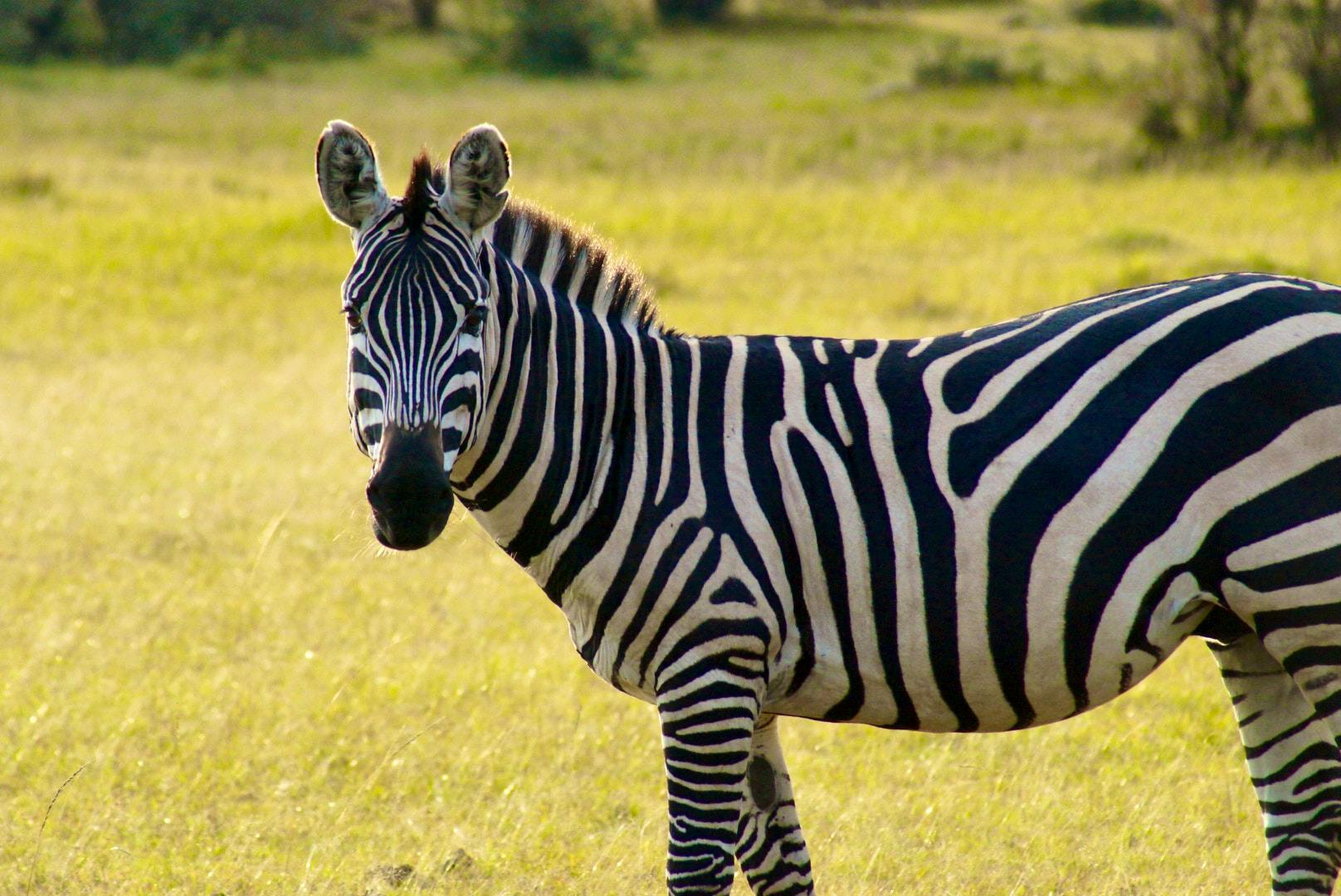
Conclusion
Other Tanzania Articles
Popular Tanzania Trips on Skyhook
Find your next adventure
Why Skyhook?
Join over 27,000 Skyhook adventurers who've used our platform to book directly with our vetted local guides, at local prices (we never markup).
Expert Local Guides
Experienced local guides, handpicked by us.
Best Prices
Never pay a markup on the local guide's price.
Exclusive Club
Earn loyalty rewards every time you travel.
Great Social Vibes
Small group tours provide a richer experience.
Stellar Feedback
Over 2,800 reviews, average of 4.9/5 stars.












